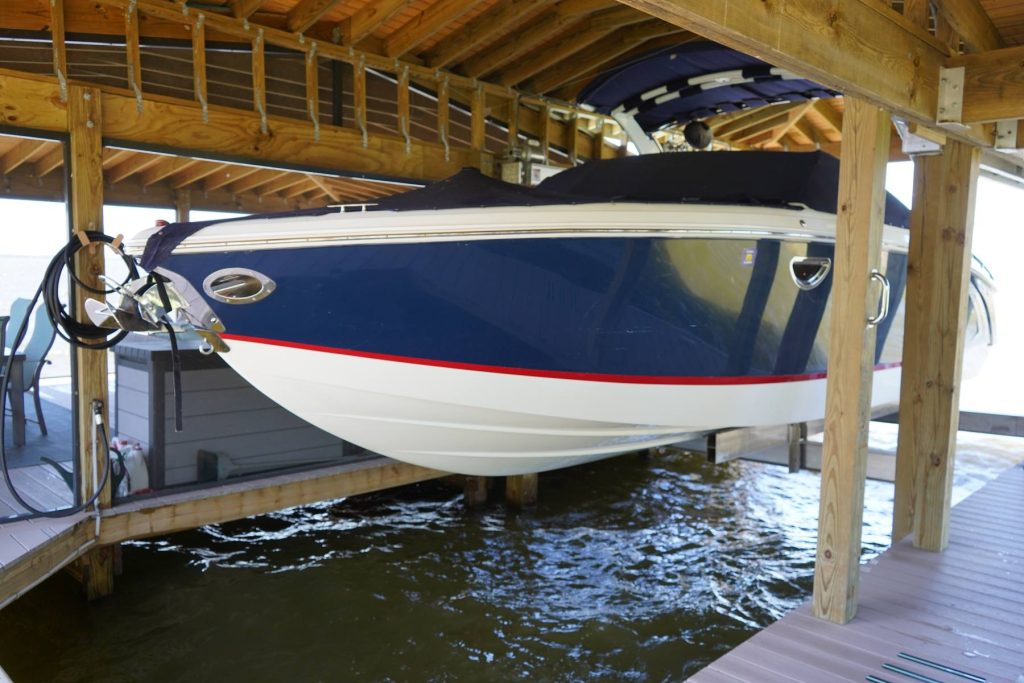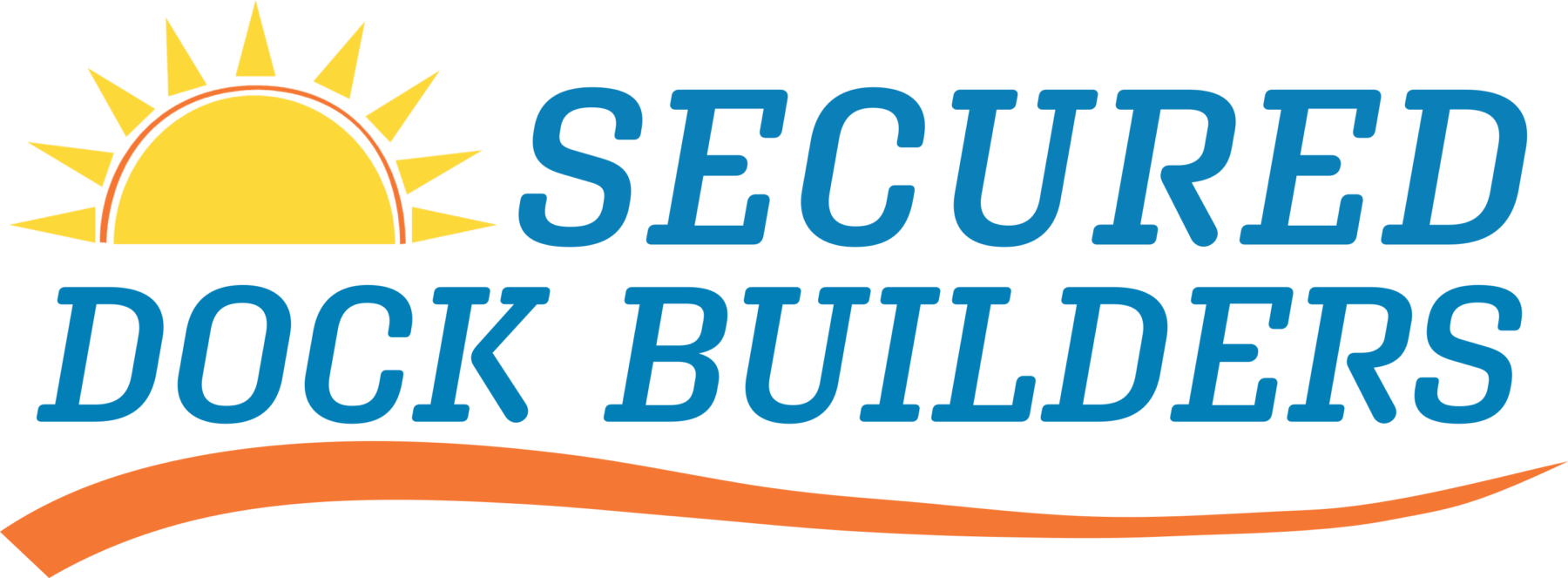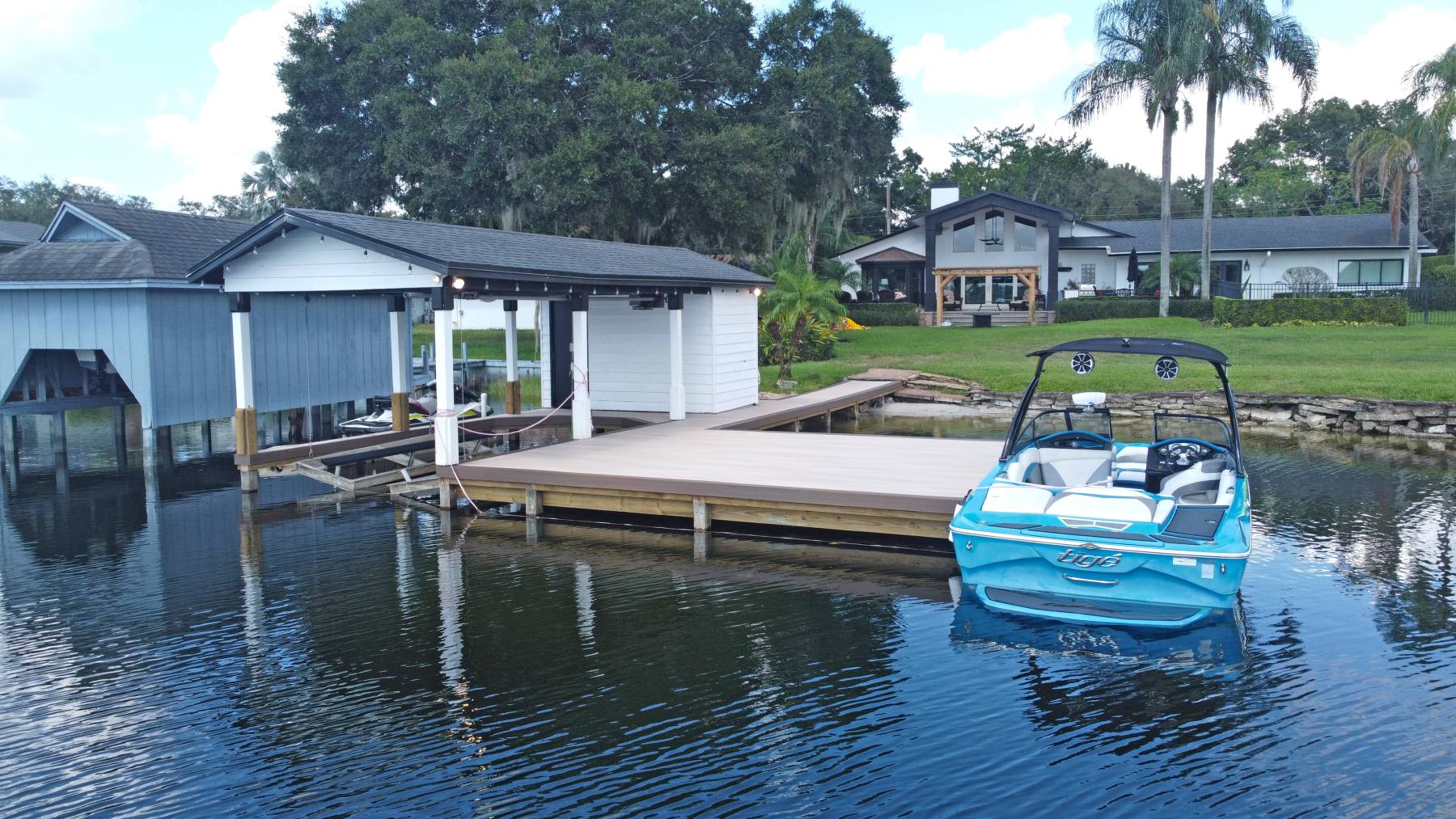Boating offers a thrilling escape into the serenity of open waters. However, it also comes with its own set of responsibilities, the most important of which is safety. Whether you’re an experienced sailor or a novice boater, adhering to boating safety guidelines is crucial to ensure a secure and enjoyable day on the water. In this article, we’ll discuss essential boating safety tips and practices, from the moment you step onto your vessel to the moment you return to shore.
Boating Safety Essentials
- Safe Boating Practices: Start with the basics. Always follow safe boating practices, including maintaining a proper lookout, obeying navigation rules, and respecting other boaters’ right of way.
- Boat Safety Checklist: Before setting sail, conduct a thorough safety check. Ensure your boat is equipped with life jackets, a fire extinguisher, navigation lights, a horn or whistle, flares, and a first-aid kit. Have a backup means of propulsion, such as oars or paddles.
- Life Jacket Usage: Life jackets save lives. Ensure that you have enough properly fitting life jackets on board for every passenger, and insist that they are worn at all times, especially for children and non-swimmers.
- Navigational Safety: Familiarize yourself with the waterways and navigational markers in your area. Use charts, GPS, and other navigational tools to avoid hazards and stay on course.
- Emergency Procedures on a Boat: Have a clear plan for emergencies. Know how to use safety equipment, deploy life rafts, and signal for help. Practice man-overboard drills with your crew.
- Weather Safety for Boaters: Check the weather forecast before heading out and be prepared for changing conditions. Sudden storms can be hazardous, so have a plan for seeking shelter if necessary.

Responsible Boating
- Alcohol and Boating Safety: Alcohol impairs judgment and reaction time, so it should be avoided while operating a boat. Assign a designated driver if you plan to consume alcohol on board.
- Boating Education and Training: Take boating education courses to improve your skills and knowledge. Many regions require boating licenses or certifications, and even if not required, these courses can greatly enhance your safety on the water.
- Safety Equipment for Boating: In addition to the basics, consider additional safety equipment like a throwable flotation device, a distress flag, a sound signaling device, and a marine radio for communication in case of emergencies.
- Vessel Safety Inspections: Schedule regular vessel safety inspections to ensure your boat is in good working order. Pay special attention to the engine, steering, and electrical systems.
Safe Docking and Anchoring
- Safe Docking and Anchoring: Practice safe docking and anchoring techniques to prevent collisions and damage to your boat and other vessels. Familiarize yourself with proper anchoring methods for different conditions.
- Boating with Children Safety: If you have children on board, ensure their safety by providing them with appropriately sized life jackets and constant supervision. Teach them basic safety rules and procedures.
Furthering Your Boating Knowledge
- Safe Boating Courses: Consider enrolling in safe boating courses or seminars to stay updated on the latest safety regulations and practices. Continuous learning is vital for responsible boating.
- Boating Accidents Prevention: By following safety guidelines and being vigilant, you can significantly reduce the risk of accidents. Remember that prevention is always better than dealing with the consequences.
Boating safety is a responsibility that every boater should take seriously. By adhering to boating safety essentials, practicing responsible boating, and continuously improving your knowledge and skills, you can ensure a safe and enjoyable day on the water. Keep in mind that boating accidents are often preventable, and with the right precautions in place, you can make every boating adventure a memorable and safe one.

